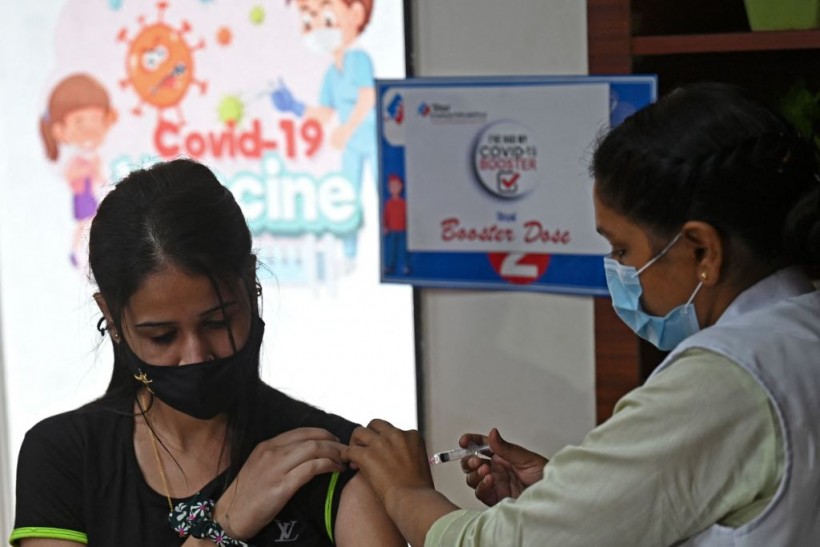A link between climate change and viral transmission has recently been described by a team of international researchers led by scientists at Georgetown University.
As the climate of the Earth continues to warm, a Phys.org report specified, researchers envision wild animals will be "forced to relocate their habitats, possible to regions that have large human populations, dramatically increasing the danger of viral transmission to humans that could result in the next pandemic.
New study finds #climatechange could spark the next pandemic @gumedcenter @nature https://t.co/FrrJovNiy6
— Phys.org (@physorg_com) April 28, 2022
In their research, the scientists carried out the first comprehensive assessment of the manner climate change will reconstruct the global mammalian virome.
The work focuses on geographic range changes and the journeys that animal species will undertake as they follow their habitats into new places.
As these animals face other mammals for the first time, the research projects they will share thousands of viruses.
ALSO READ: Do We Really Have Only 3 to 5 Years Left on Earth? Here's What Climate Scientists, Reports Tell Us

A health worker inoculates a girl with a dose of the Covaxin vaccine against the Covid-19 coronavirus at a vaccination center in New Delhi
Climate Change Brings Greater Opportunities for Viruses
In their study published in the Nature journal, the researchers specified that such shifts are bringing greater opportunities for viruses such as coronaviruses or Ebola, to occur in new places, making them more difficult to track, and into new animal types, making it simpler for viruses to jump through a "stepping stone" species into humans.
According to assistant research professor and the study's lead author, Collin Carlson, PhD from the Center for Global Health Science and Security at Georgetown University Medical Center, the closest analogy is in fact, the risks seen in the wildlife trade.
Carlson added, that they're worried about markets as bringing unhealthy animals together in unnatural combinations is creating opportunities for this "stepwise process of emergence," like how SARS jumped from bats to civets, then, from the latter to humans.
However, markets are not special anymore. The professor explained, that in a changing climate, that type of process will be the "reality in nature" just about everywhere.
The Next Pandemic
Altogether, this research proposes that climate change will turn out to be the largest upstream risk factor for disease occurrence, going beyond higher-profile issues such as deforestation, wildlife trade, as well as other industrial agriculture.
According to the study authors, the solution is to pair wildlife disease surveillance with the environmental change's real-time studies.
Essentially, Carlson explained, when a Brazilian free-tailed bat is making it all the way to Appalachia, "We should be invested in knowing" what viruses tag along.
More so, trying to spot such host jumps in real-time is the only way the process will be presented from resulting in more spillovers, not to mention, more pandemics.
The lead author also said they're closer to predicting and preventing the next pandemic than ever. This is a huge step towards prediction and now, there is a need to start working on the more difficult half of the problem.
Virus Jumping Between Animals and Humans
The COVID-19 crisis, as well as the previous transmission of viruses such as Zika, Ebola, and SARS, show how a virus that jumps from animals to humans can have huge impacts, a similar User Walls report specified.
Program Director Sam Scheimer, from the United States National Science Foundation which funded the research, said, to predict their jump to humans, there's a need to know about the virus's spread among other animals.
Scheimer added, that the study presents how animal movements and interactions, because of the warming climate, "might increase the number of viruses between species."
Related information about climate change causing COVID-19 is shown on CBS 17's YouTube video below:
RELATED ARTICLE: 'Russian Flu' That Emerged in 1889, Possibly a Coronavirus; Pandemic Killed More Older Adults Than Children
Check out more news and information on Climate Change and Pandemic in Science Times.














